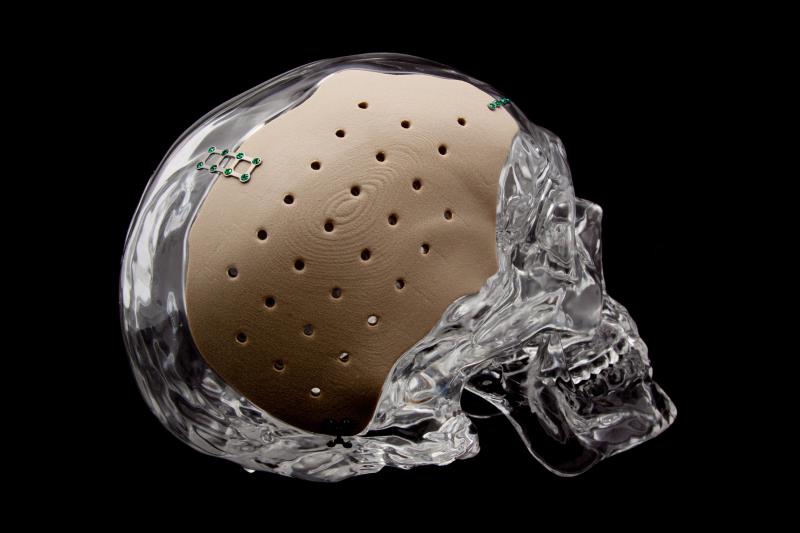OPM secures investment from Scalpel Ventures
Source

Stay up to date with everything that is happening in the wonderful world of AM via our LinkedIn community.
OPM (Oxford Performance Materials), Inc., the pioneer of PBF-3D printed PEKK 3D printing solutions for the orthopedic industry, closed a significant investment from Scalpel Ventures, a venture capital firm specializing in healthcare innovation. This investment will enable OPM to expand its design and fulfillment capacity for its groundbreaking 3D printed OsteoFab PEKK orthopedic implant business, providing the world’s only implantable devices that are metal-free, osseointegrative, anti-bacterial, radiolucent, and fully modifiable in the OR.
Scalpel Ventures was co-founded by Dr. Selene Parekh, a renowned orthopedic surgeon and entrepreneur with a history of innovation in foot & ankle procedures.
 “Scalpel’s investment focus is on disruptive technologies and novel solutions, and from the outset it was clear to me that OPM’s OsteoFab technology represents a significant advancement in the field of orthopedic implants,” said Dr. Parekh. “Working with the OPM team, I performed the world’s first isolated PEKK total talus replacement surgery this spring, and a growing number of my colleagues are selecting OPM’s 3D printed, metal-free OsteoFab-Rx technology for their complex custom orthopedic procedures.”
“Scalpel’s investment focus is on disruptive technologies and novel solutions, and from the outset it was clear to me that OPM’s OsteoFab technology represents a significant advancement in the field of orthopedic implants,” said Dr. Parekh. “Working with the OPM team, I performed the world’s first isolated PEKK total talus replacement surgery this spring, and a growing number of my colleagues are selecting OPM’s 3D printed, metal-free OsteoFab-Rx technology for their complex custom orthopedic procedures.”
Scott DeFelice, CEO of Oxford Performance Materials, commented on the investment: “We are thrilled to partner with Scalpel Ventures to accelerate the growth of our OsteoFab platform. This investment will enable us to scale our operations and meet the increasing demand for personalized, metal-free orthopedic solutions.” DeFelice continued, “Scalpel Ventures shares our commitment to innovation and improving patient outcomes, and we look forward to working together to expand the impact of this unique technology.”
The company is in commercial production of numerous orthopedic implant applications, including lower & upper extremity, oncology, trauma, cranial, facial, spinal, and sports medicine devices. OPM has also developed patented PEKK nanocoating technologies to improve the performance of metal implants. Last year OPM established a focused entity for its 3D printed orthopedic business areas following the company’s further expansion into personalized implants.
The decision to create a separate orthopedic company is meant to allow greater focus, investment and resources to this high-growth sector of OPM’s business. OPM first began 3D printing cranial and facial implants in 2014 and has delivered patient-matched devices for over 4,500 craniomaxillofacial (CMF) cases to date. The company has six FDA 510(k) clearances.


